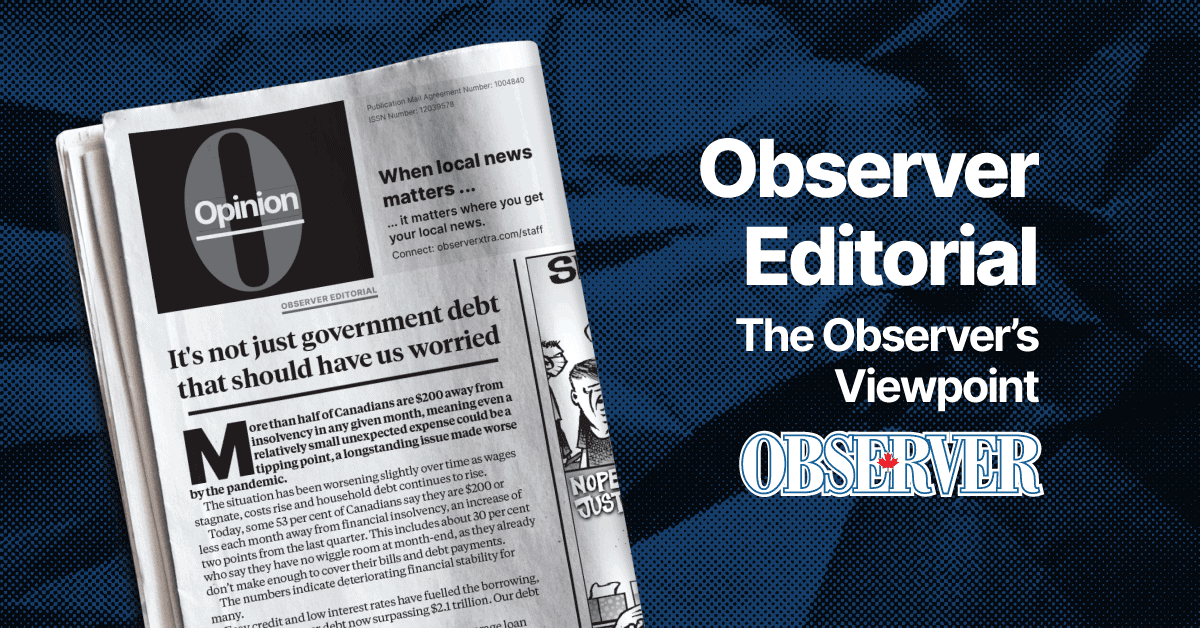;
;
;
Next Article
The View From Here: January 5, 2023

Canadians already battling with higher costs across the board had better hope the federal Competition Bureau can derail the planned takeover of Shaw Communications by Rogers Communications. The alternative is almost certainly higher prices and a more fragile telecom system. The Competition Bureau ha
Last updated on May 03, 23
Posted on Jan 05, 23
2 min read
